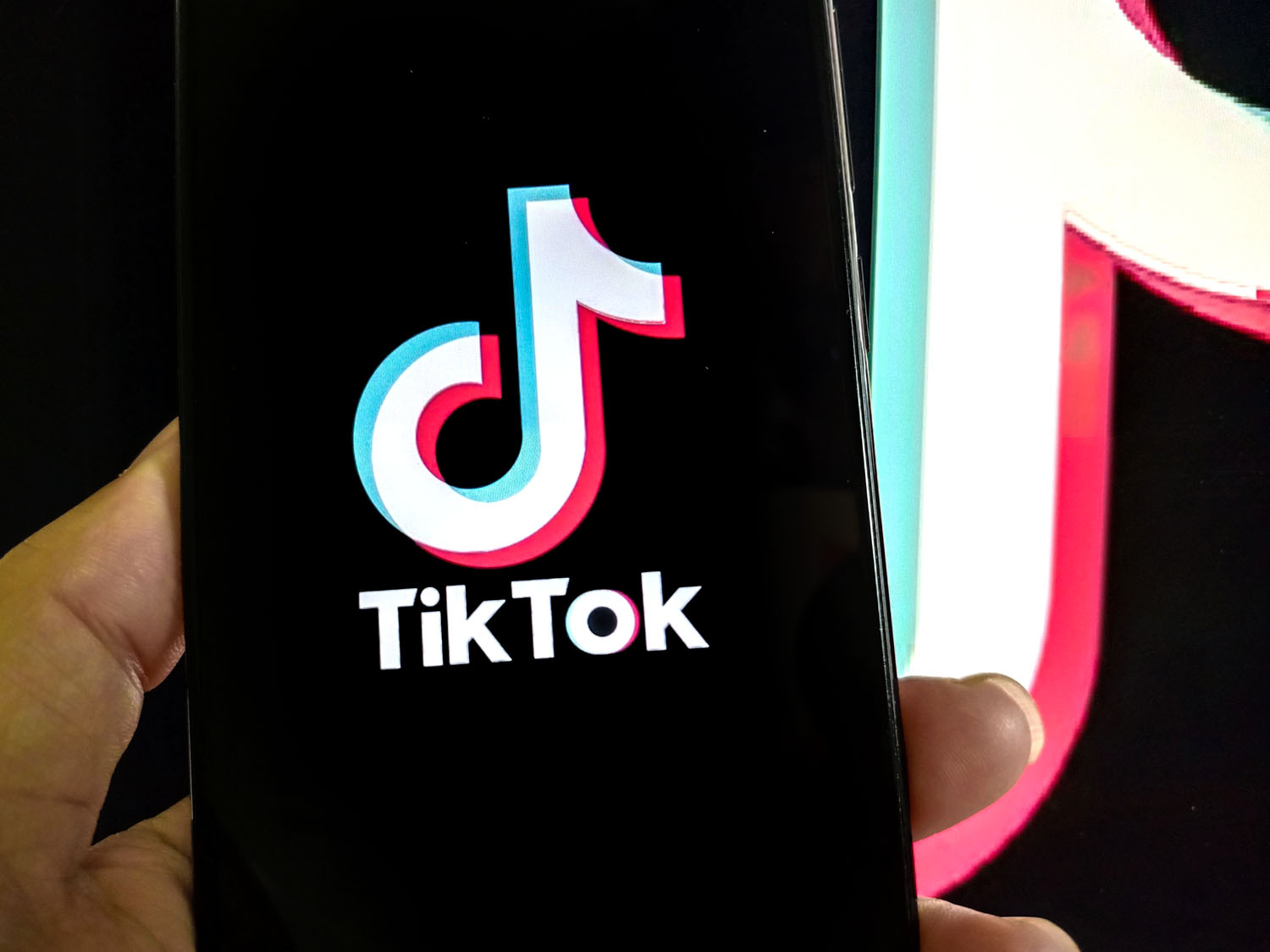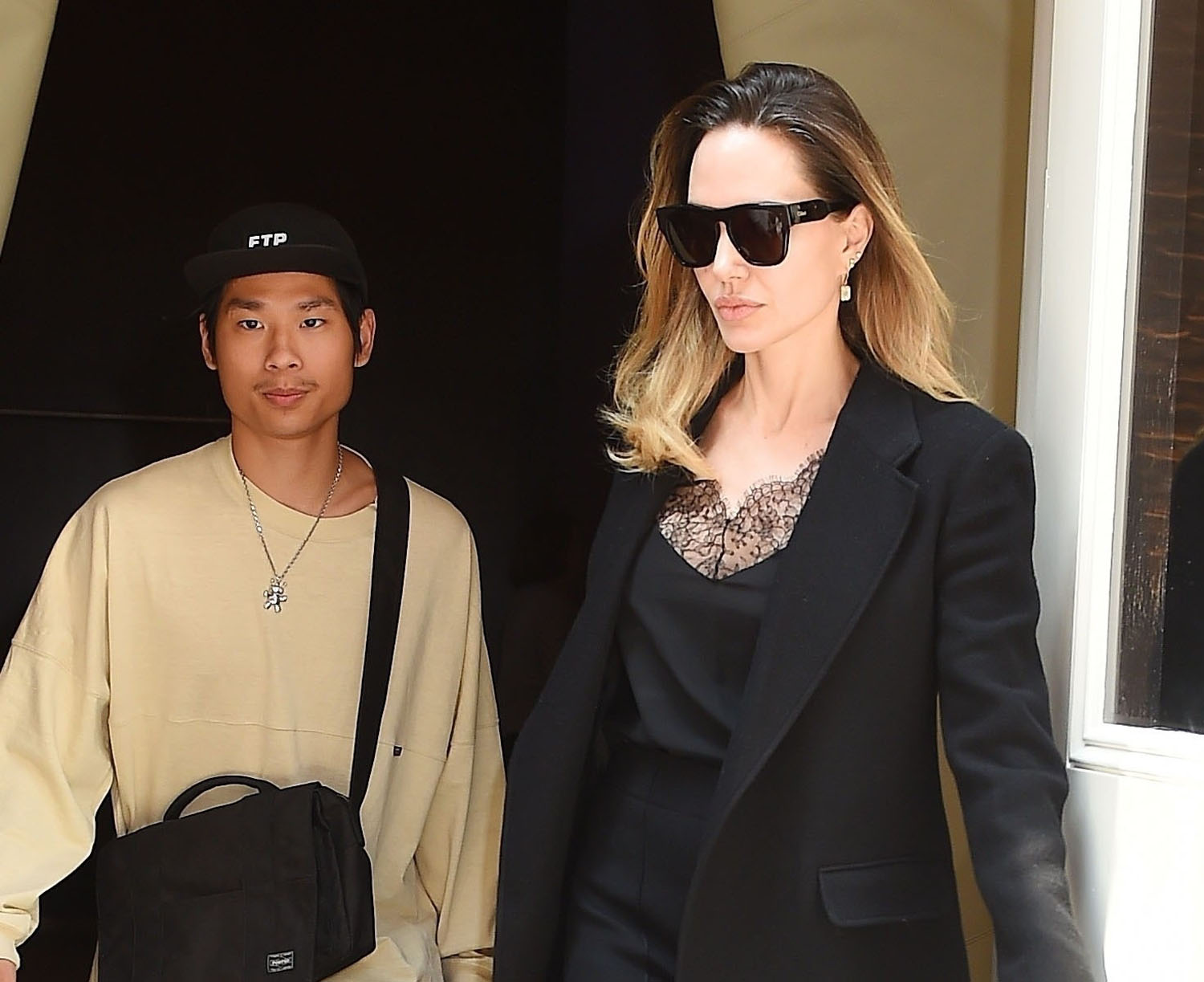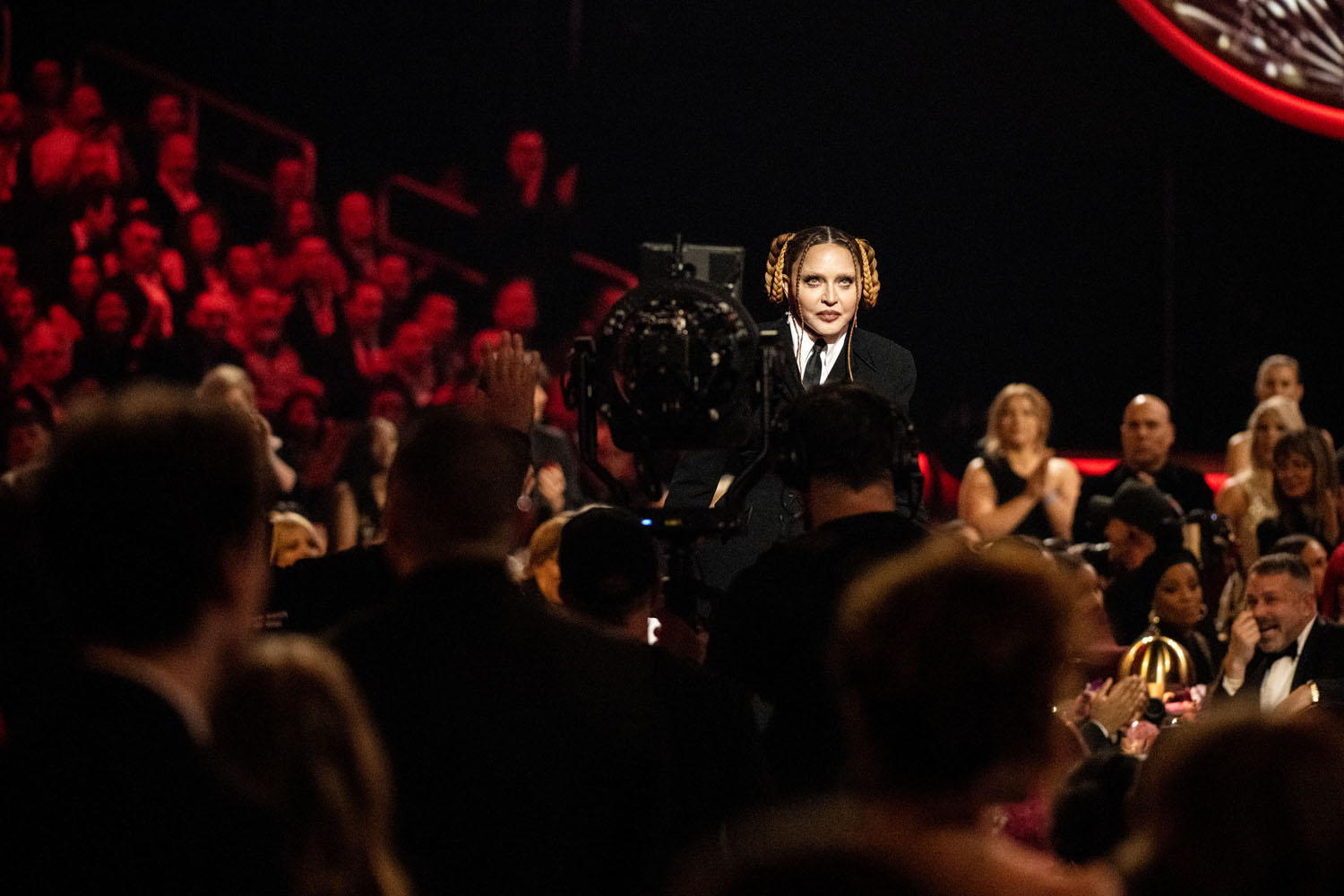Intro for August 17, 2023



Dear Gossips,
There is so little going on in these final days of summer that I give up, we can talk about MovieTok. Ugh. It started two days ago when The New York Times—it’s always them, isn’t it?—published an article about film critics on “MovieTok”, the TikTok answer to “film Twitter” (film X, now, I guess). MovieTokers, though, purport to be proudly not-critics, claiming that film critics “watch movies and are just looking for something to critique”—yes, that is literally the job description—while fans “watch movies looking for entertainment”, which is, yes, usually the division of labor between professional critics and fans.
Beyond stating the obvious when it comes to the respective role of the critic and the fan, the NYT article becomes completely unhinged when comparing MovieTokers to the likes of critics such as those French critics who founded Cahiers du Cinéma, as well as filmmakers-cum-critics Francois Truffaut and Jean-Luc Godard, and legendary American critic Pauline Kael. It’s unhinged because not only are MovieTokers themselves proclaiming NOT to be critics, but also because what they do is sponcon. They’re influencers. And there’s nothing wrong with that! But let’s not make this worse by conflating influencers with actual critics—a problem I don’t think any reasonable person has, by the way.
There are plenty of influencers in the film space doing no harm, such as the Instagram feed @AccidentallyWesAnderson, which is fun and charming. The reason the NYT’s article is blowing up—at least within my professional circle—is not just because of the bonkers assertion that MovieTokers are building the next Cahiers, but because something is fundamentally broken about film criticism, and MovieTokers are a great “shoe problem” example of it.
The real problem isn’t TikTok or any online platform or influencers cashing in on sponcon. The problem is you can’t make a living as a film critic, and it IS frustrating to KNOW influencers are pulling in thousands of dollars—maybe tens of thousands—to do what amounts to a commercial for a studio, when thoughtful criticism is undervalued to the point of unemployability.
But that’s not MovieTokers fault, any more than it is any Youtuber or Insta influencer’s fault. If there is fault to be laid, it is as the feet of a larger effort to remove critical thinking from the cultural sphere (if you can’t think critically about the fictional images you see, you probably can’t think critically about the real images you see, either). Studios—and the conglomerates who own them—have weaponized fan culture such that critics routinely receive death threats for not liking the latest cape sh-t enough. There has always been an us-vs-them mentality between critics and studios—and sometimes creators themselves—but the cultural shifts of the last 20+ years made it possible to turn movie fans into sports fans whose identities revolve around whether or not their “team” is “winning”, via box office stats and Rotten Tomatoes scores.
That’s what MovieTokers feed into. They adhere to positive talking points, are enthusiastic about everything, and have no real opinions on anything. Again, I have no problem with this. Get your bag, MovieTokers. They’re basically replacing TV spots within the marketing ecosystem of a film, since TV viewership is now at an all-time low, with cable and linear broadcast television dipping below 50% of viewership. As people continue to migrate to commercial-less streaming, there must be some way to recreate the impact of a TV spot—thus MovieTok.
But we should be clear about what is happening with the state of film criticism itself. As Vince Mancini—a superb critic and writer, currently unemployed—stated over a week ago, the real problem is marketing, which uses influencers across platforms to shill their product in an increasingly voracious cycle that has no room for, or want of, unbiased criticism—not when that risks a pan souring those open weekend numbers. As movies have gotten more expensive to make and release into the world, there is less room to risk a bad opinion. Rotten Tomatoes scores must be high for the benefit of positive marketing, which is why the first wave of people to see a film and log their opinions are usually influencers, often paid, either directly or via travel/red carpet access, to say something nice.
I’m not worried about myself. I have no illusions that what I do is important. Entertaining, I hope, but certainly of no import. And I have a day job, so my bases are covered. Sometimes I feel bad that criticism is in the sorry state that it is, because I like watching and thinking about film, and engaging with people who also like watching and thinking about film, but substantive critical discussion isn’t sexy, and you increasingly have to work to find it. To quote Vince again, it’s just one symptom of the broader “enshittification” of everything else. THAT is what I’m worried about, not kids on TikTok.
Live long and gossip,
Sarah

